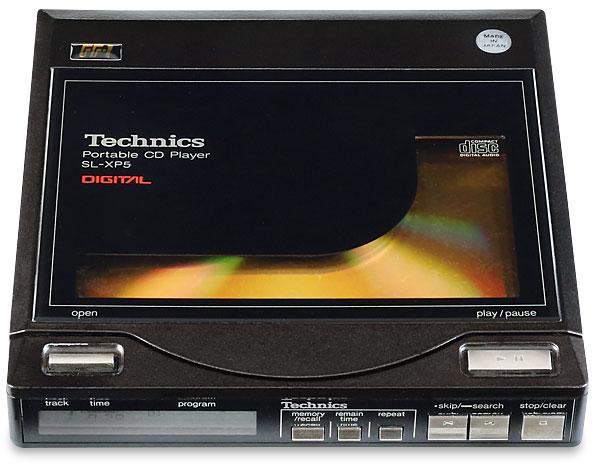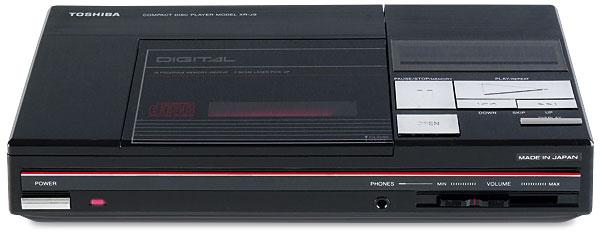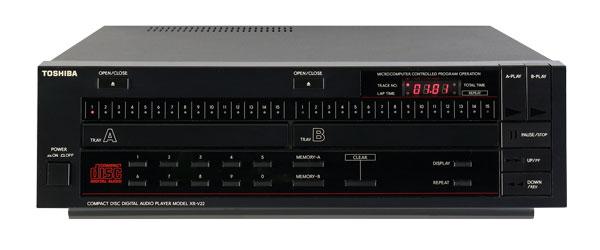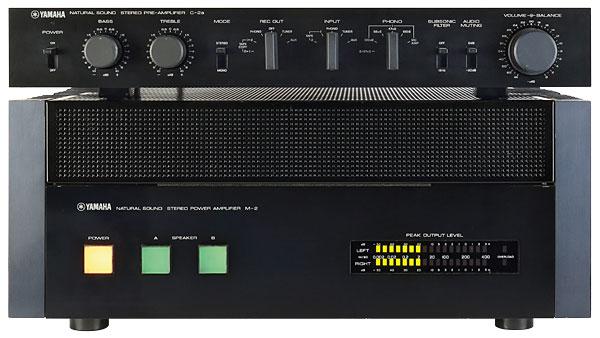Vintage
Sort By: Post DateTitle Publish Date
|
Aug 01, 2018
|
Sep 23, 2022
|
Oct 25, 2022 |
First Published: Jun 01, 1993
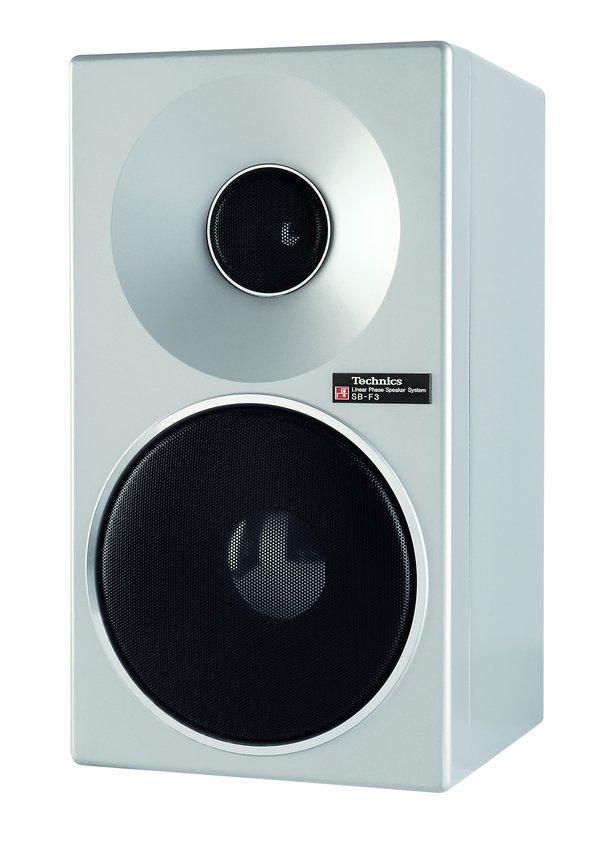
 Largest of a trio of bookshelf speakers featuring diecast alloy cabinets and horn-loaded tweeters, Technics’ SB-F3 was a true high-tech compact. How does it fare today?
Largest of a trio of bookshelf speakers featuring diecast alloy cabinets and horn-loaded tweeters, Technics’ SB-F3 was a true high-tech compact. How does it fare today?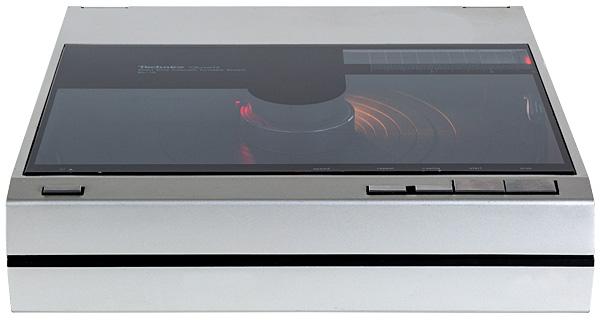
 Parallel tracking, optical position sensing and all in a slick package no larger than an LP sleeve. It dazzled in its day, but how does this '70s direct-drive deck sound now?
Parallel tracking, optical position sensing and all in a slick package no larger than an LP sleeve. It dazzled in its day, but how does this '70s direct-drive deck sound now?



